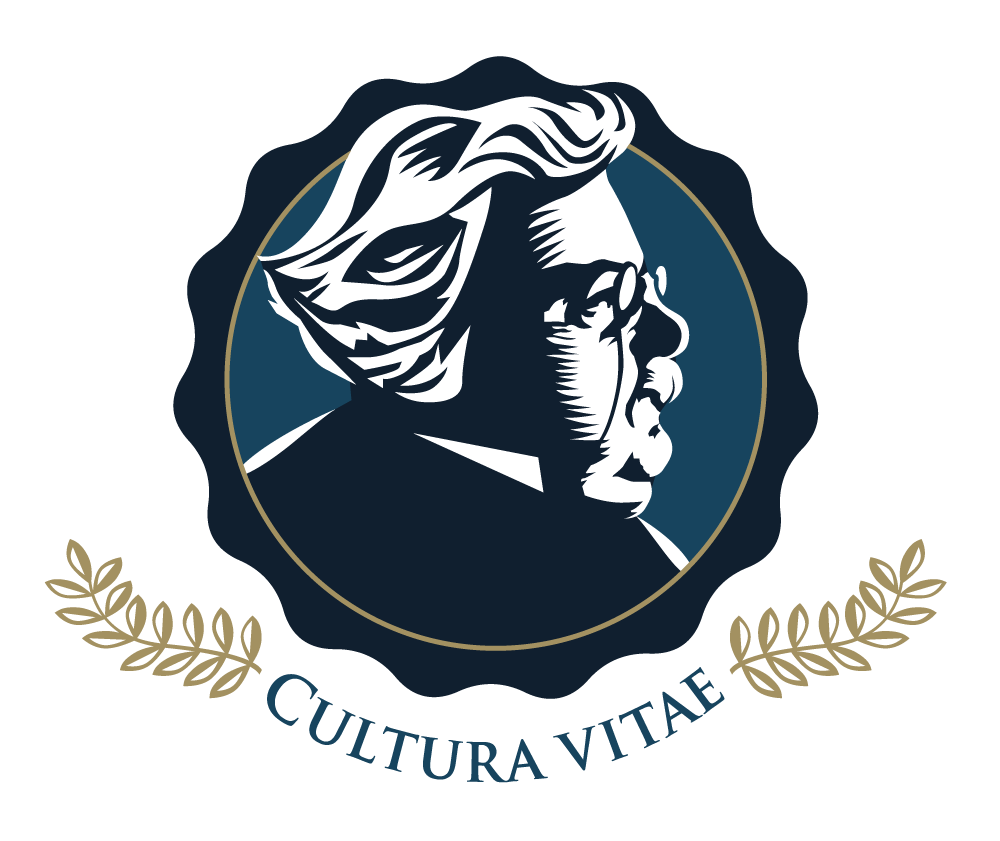Music 09 - Music & Music History
Choir embodies the spirit and vision of Chesterton Academy like no other subject or activity. In it we experience profound truth and beauty, a unity of focus and direction, and a deep and abiding joy in the truly good things of life. While much of the joy of music is intuitive, there is also a great deal that must be taught and cultivated. In this all-encompassing course students are introduced to both the sacred and secular musical tradition of Western civilization. This is accomplished by three complementary and overlapping avenues: singing and aural skills, musicology, and music theory. Like most subject areas, choir follows a historical timeline and each course builds upon the other. Freshmen year begins with the ancient and medieval periods followed by a steady progression through Renaissance, Baroque, Classical, Romantic, and contemporary music periods. For those students who have particular gifts for musical performance, an extracurricular chamber choir and chant schola is also available.
Music 10 - Music & Music History
G.K. Chesterton once said that, “Life exists for the love of music or beautiful things.” This short but profound passage expresses the depth of the most abstract and sublime of all the arts, music. This depth and sublimity is brought to a new level in the Renaissance and Baroque periods of music that students study during their Sophomore year. During these periods students can especially begin to see the profound intertwining of music, philosophy, and theology as well as many other arts and sciences. Students are introduced to many more of the “musical pillars” of the tradition: musical genres including Polyphonic Mass settings, Motets, Madrigals, Cantatas, and early Opera and Oratorio; and composers including William Byrd, T.L. da Victoria, G.P. da Palestrina, G.F. Handel, and J.S. Bach. Coinciding with the study of the history of music students continue to develop their own musical abilities through practice for choir concerts, singing at daily mass, and sight singing activities. For those students who have particular gifts for musical performance, an extracurricular chamber choir and chant schola is also available.
Music 11 - Music & Music History
Music 12 - Music & Music History
Knowing songs is much different than knowing how to sing. Singing is a life skill like playing tennis or swinging a bat. It is something that must be learned and developed, not something we are proficient at from birth. As students continue their musical education, they are learning not merely songs but actually how to sing. They are developing tonal memory, vocal and breathing techniques, along with proper body, jaw, and tongue posture. This course teaches students both how to understand and appreciate music from the classical romantic period, but perhaps even more importantly, how to sing it. They learn how to experience music on a deeper level and to let it transform them. It is by this transformation that students will then be able to go out into the world and share not only the knowledge they’ve received but even more importantly their very selves. For those students who have particular gifts for musical performance, an extracurricular chamber choir and chant schola is also available.
In this capstone course students round out their musical education by looking at 20th century and contemporary music. By now most students will have developed a relative degree of proficiency in singing technique, music history, and music theory. Senior year focuses on finding meaningful connections between the musical forms of the past and those of the present. Students will engage in discussions synthesizing what they have learned and how best to exercise that knowledge as faithful stewards moving forward. For those students who have particular gifts for musical performance, an extracurricular chamber choir and chant schola is also available.
